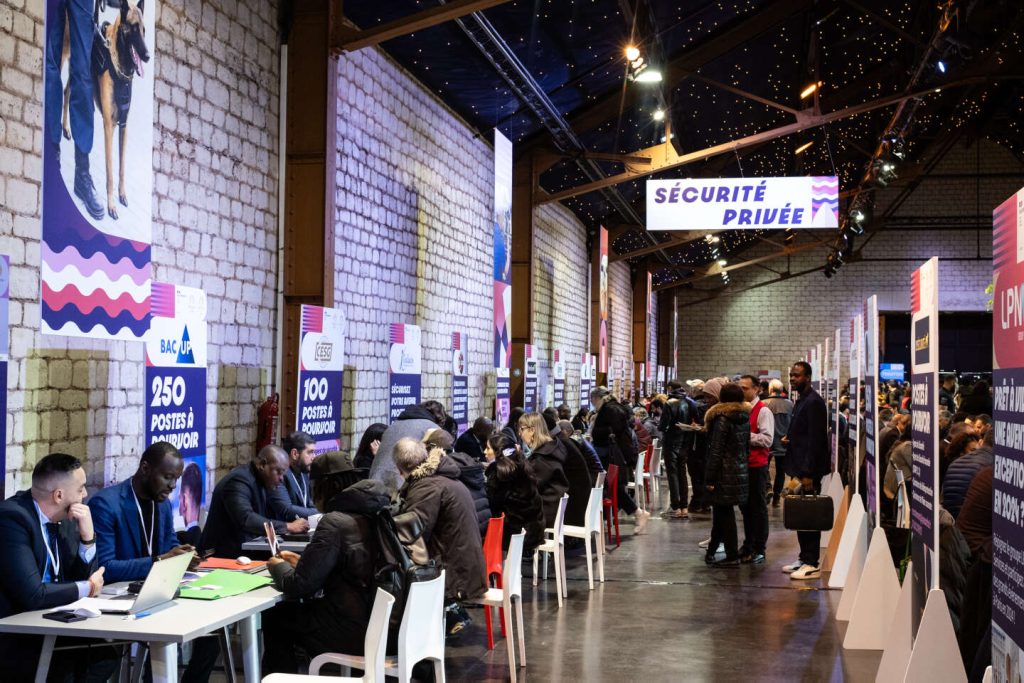During an employment fair called “Les Jeux recrutent” organized by Plaine Commune at the Docks of Aubervilliers on March 14, 2024, there was discussion about a potential shortage of private security agents for the upcoming Olympic and Paralympic Games. The Prefect of Police of Paris, Laurent Nuñez, seemed unconcerned about the issue, but a report from a ministerial committee meeting held six days prior painted a more pessimistic picture, stating that the State could not be satisfied with the extent of these failures. The organizing committee for the Olympics recommended that the State take over operations to secure the event, although this decision had not yet been formally confirmed. In this scenario, police and gendarmes would replace private security agents for approximately eight days to ensure the security of official sites during the Games.
With less than a hundred days until the start of the Games, the issue of security is becoming increasingly urgent. Approximately 1,400 security agent positions remain unfilled, and out of thirty security contracts offered, only six had been allocated. The situation is a cause for concern not only for security reasons but also for the reputation of the country. The potential decision for the State to take over security for certain areas would result in a significant additional cost for the Games organizer. The responsibility for access and security inside official sites lies with the organizing committee, and the State can only step in if there is a proven failure, and only for critical tasks such as managing access, inspecting vehicles and pedestrians, and protecting the venues.
The director of security for Paris 2024 acknowledged that they had not been able to persuade companies to take on the security contracts, with most of them remaining unclaimed despite a fourth wave of tenders being launched in November 2023. He mentioned that in previous editions of the Games, the State had supplemented private security due to exceptional needs. At this stage, the situation remains uncertain, and the State will have to take responsibility at some point, working in collaboration with the organizer. The potential temporary takeover of security by the State could have implications for both parties, as they are bound by a clear protocol outlining their respective responsibilities and the circumstances under which the State can intervene in security matters during the Games.
In response to the potential security challenges facing the upcoming Olympics, the government is considering various options to address the current lack of private security agents. There is a sense of urgency surrounding the issue, with the safety and reputation of the Games at stake. The possibility of police and gendarmes stepping in to secure official sites highlights the severity of the situation and the need for swift action. With time running out before the start of the Games, decisions will need to be made quickly to ensure the safety and success of the event. The handling of security for the Olympics is a critical aspect of the preparation process, and finding a solution to the shortage of security agents is essential for the smooth running of the Games.


